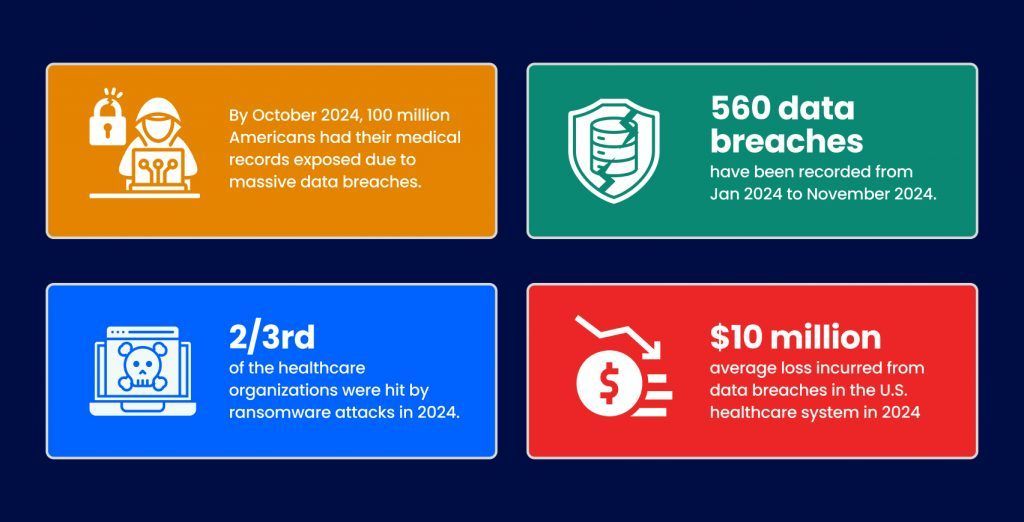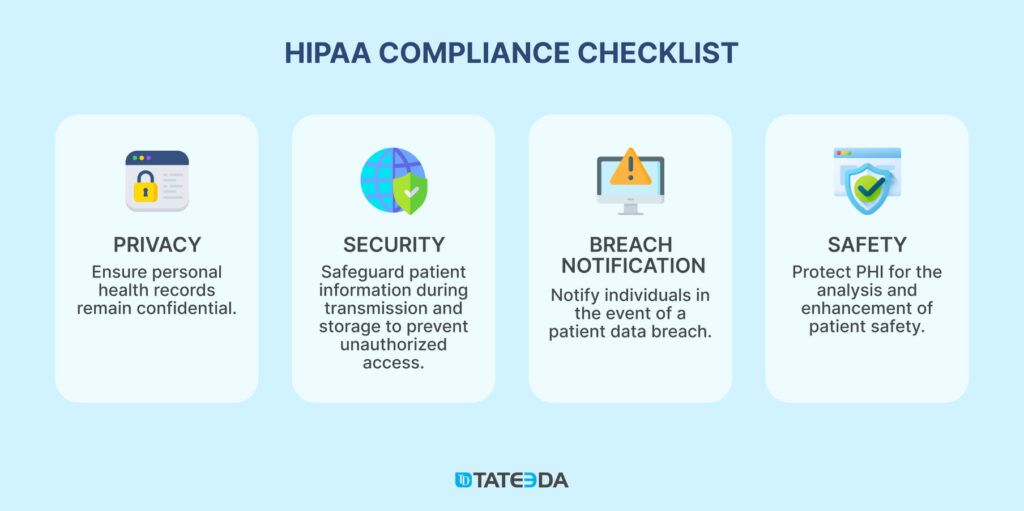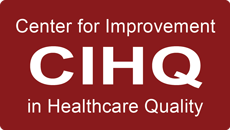Medical Record Management: Are You Gambling with Your Patient’s Health Information?
Medical Record Management: Are You Gambling with Your Patient’s Health Information?
When it comes to protecting patient health records, there are many considerations to ensure organizations are not left vulnerable to breaches. Establishing measures to ensure medical records are secure is critical. The Centers for Medicare and Medicaid Services (CMS) has established standards to help organizations safeguard medical records. If you are unsure about how information is being protected in your facility, then we highly recommend doing a deep dive into your facility’s current practices. Here are the areas that should be considered:

Access
- It is important for hospitals to establish and control access to current and historical medical records. Restricting access to only authorized individuals is essential. CMS requires that healthcare providers must be able to access historical medical records twenty-four hours a day. Additionally, healthcare providers should be able to access medical records for five years after a patient has been treated by the facility. Retention requirements may vary by state so be sure to know the retention periods required by your respective state. Historical data is essential in understanding past diagnosis, medical treatments and prior patient disposition. Access to information can also be helpful in developing current patient care plans and resources for continuity of care.
Audit
- Conducting internal audits to identify potential risks can be helpful in identifying area for improvement in oversight and management of medical records.
Security
- Encryption of medical records can help to prevent breaches from happening.
- Ensuring reliable server backup for Electronic Health Records is essential. Be sure to investigate systems in place to prevent loss of records. If vulnerabilities are identified, work with vendors and Information Technology specialists to eliminate risk.
Storage Requirements
- The condition of medical records storage areas should be protected from risk of water intrusion or fire. When selecting a storage location, healthcare providers should look at potential risk that could compromise the integrity of the records.
Training
- Education is a major factor in safeguarding your organization’s medical records. Ensure that team members understand all aspects of medical record management and comply with maintaining organizational safeguards. Release of information requests should be carefully managed by a designated Custodian of Medical Records. Logs should be maintained to reference release of records and known security breaches. If a breach is identified, be sure to immediately consult the Compliance Officer and Risk Management immediately.

Our experts understand the challenges that all healthcare facilities are facing today. Using a customizable approach, we will help you navigate through even the toughest of challenges.
Whether you are in need of QAPI assistance, mock surveys, leadership training, corrective action plans or ongoing routine support services, we can help!
We pride ourselves on helping our clients achieve & maintain a status of excellence in the healthcare industry.
Be sure to browse Our Website for a full list of services we provide.
Contact us today at (800) 813-7117 to schedule a free consultation.
References:






